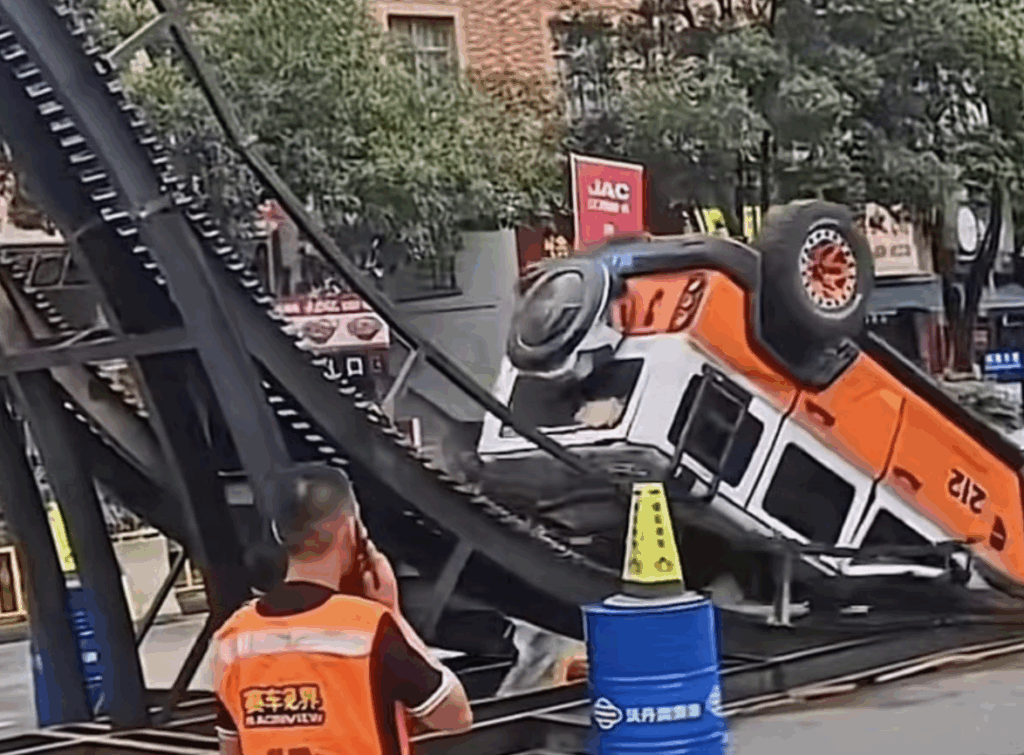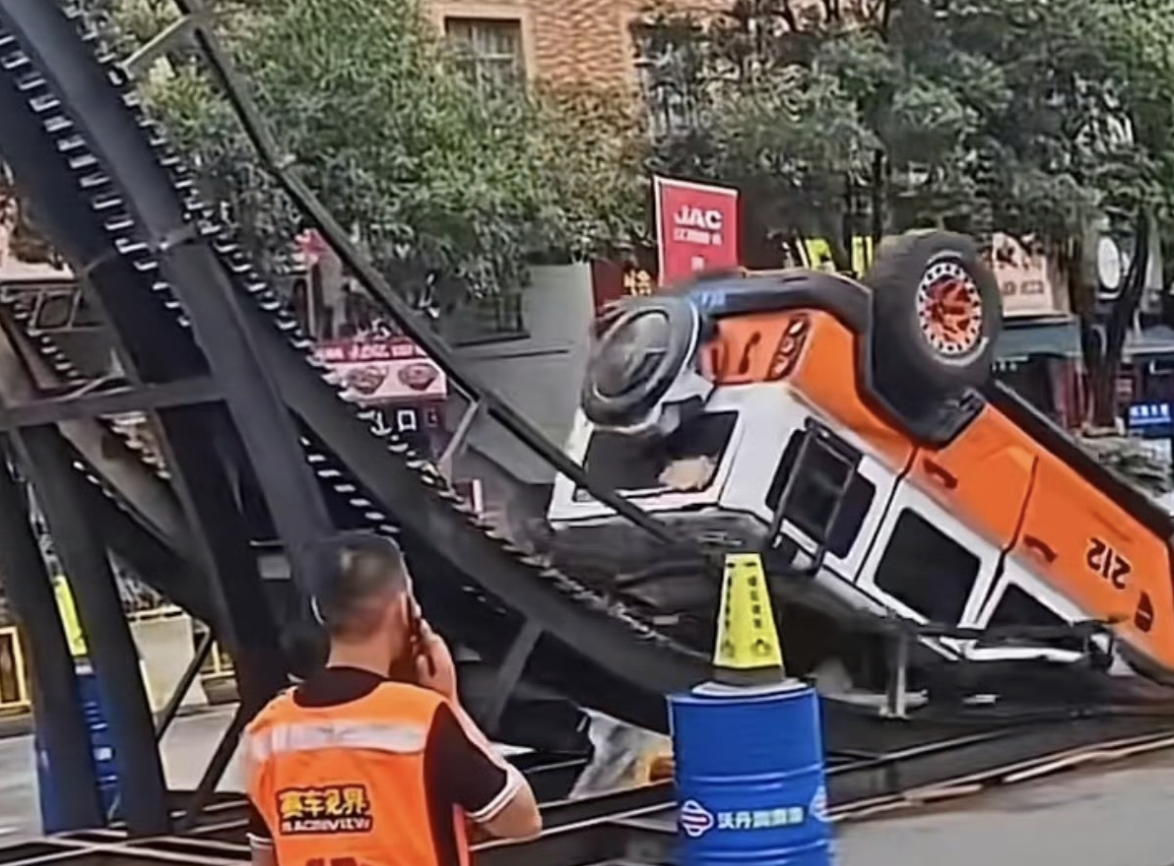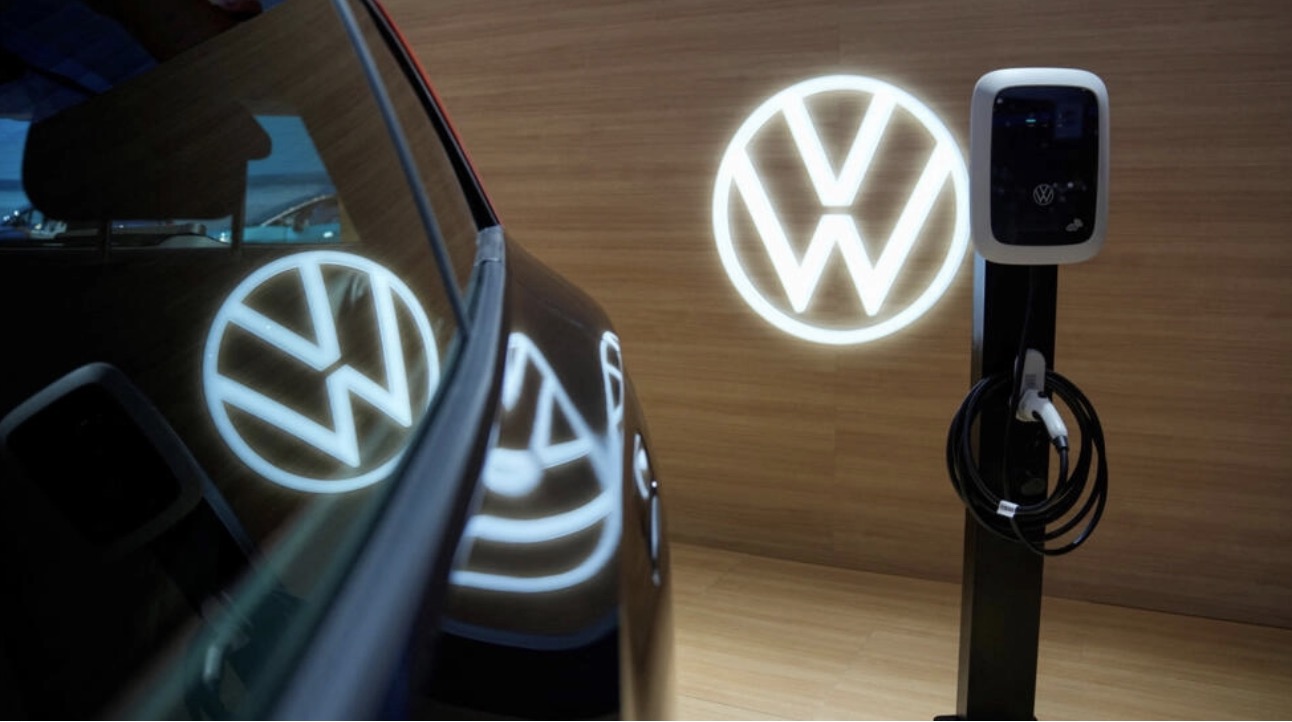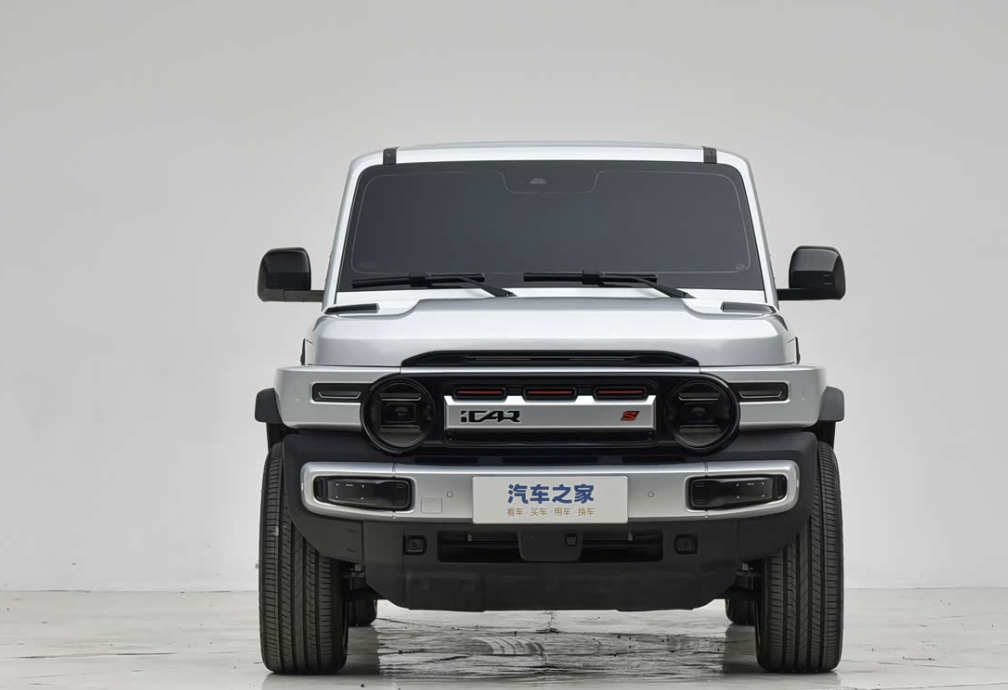On October 6, BAIC Group issued a clarification statement regarding a recent incident in which a vehicle labeled “212” rolled over while climbing a slope, causing severe deformation of the A-pillar.

According to the statement, the rollover accident sparked public concern and online discussion about off-road safety and vehicle quality. Some media outlets and netizens mistakenly identified the vehicle as a BAIC 212, Beijing Auto 212, or Beijing Off-Road 212. Upon investigation, BAIC confirmed that the vehicle involved was a 212 model produced by Beijing Automobile Manufacturing Co., Ltd. (BAW), launched in 2024, and that it has no connection with BAIC Group or its Beijing Off-Road brand. The company further noted that BAW is owned by Shandong Weiqiao New Energy Vehicle Technology Group Co., Ltd., and has no equity or ownership ties with BAIC Group. BAIC also urged the public, media, and consumers to carefully distinguish between the brands, adding that it reserves the right to take legal action against any deliberate misrepresentation or defamation that damages its reputation.
This is not the first time BAIC Group has clarified its lack of association with the 212 model. As early as last year, BAIC stated that Beijing Automobile Manufacturing Co., Ltd. had repeatedly used BAIC’s trademarks or brand elements such as “Beijing,” “Beijing Auto,” and “BAIC” in its product names, promotions, and subsidiaries, as well as referenced Jinggangshan and 212, both of which are historically linked to Beijing’s automotive industry. BAIC emphasized that BAW is a privately owned automaker based in Qingdao, Shandong, with no equity or ownership connection to BAIC, and that BAIC bears no responsibility for BAW’s products or after-sales services.
According to public records, Beijing Automobile Manufacturing Co., Ltd. (BAW) was founded in 1951 as a private automobile manufacturer. In 1996, BAW and 99 other enterprises jointly established Beiqi Foton Motor Co., Ltd., which went public in 1998, focusing on commercial vehicle development and production. On September 14, 2007, Beijing Automotive Motorcycle United Manufacturing Co., Ltd., a wholly owned subsidiary of BAIC Holdings, transferred its equity holdings in Foton Motor and BAW to BAIC Holdings. In 2010, BAIC Motor Corporation was established, and in 2011, BAW’s assets were incorporated into the company. In 2015, under the direction of the Beijing State-owned Assets Supervision and Administration Commission (SASAC), BAIC sold all of its shares in BAW to Fulu Group, a well-known company in the low-speed EV sector, for 117 million yuan, formally ending its relationship with BAW. The following year, BAW became an independent private enterprise. In 2020, BAW was acquired by Shandong Weiqiao Group, relocated its headquarters to Qingdao, and was integrated into the Weiqiao Group. Although both companies still share the “Beijing” prefix in their names, they have long been completely separate entities with no ownership connection.
The rollover accident occurred on October 1 during the “China Automobile City Climbing Tour” event held in Xuan’en County, Enshi, Hubei Province. Footage circulating online shows a vehicle labeled “212” tipping over during a hill climb, with the driver’s cabin and A-pillar sustaining major damage.
Industry insiders explained that the public confusion largely stems from the similarity of company names and their historical ties. Given their past association, many consumers may struggle to distinguish the two brands. Experts noted that it will likely take time to fully clarify and separate their identities in the minds of consumers.



